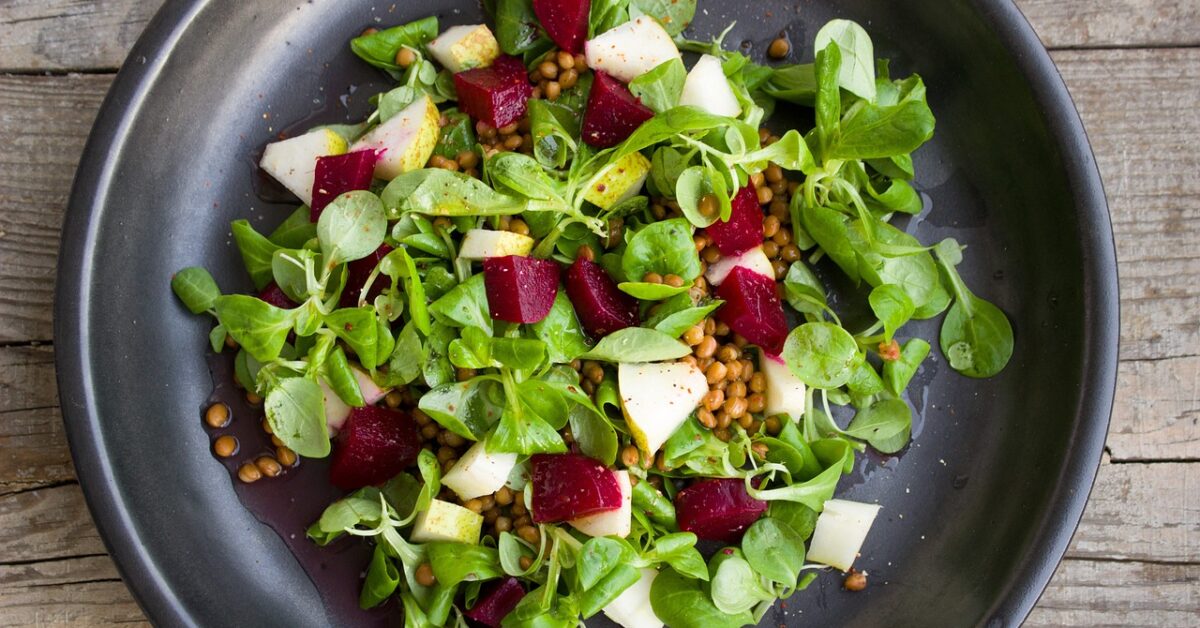Keto vs Vegan: Exploring the Differences and Benefits
When it comes to dietary choices, two popular options that have gained significant attention in recent years are the ketogenic diet (keto) and the vegan diet. Both diets have their own unique principles and benefits, attracting individuals for various reasons. In this article, we will delve into the differences between keto and vegan diets, exploring their underlying principles, health benefits, and potential drawbacks.
The Ketogenic Diet (Keto)
The ketogenic diet, commonly known as keto, is a low-carbohydrate, high-fat diet that has gained popularity for its potential weight loss benefits and ability to improve certain health conditions. The primary goal of the keto diet is to induce a state of ketosis, where the body shifts from using glucose as its primary fuel source to burning fat for energy.
- Macronutrient Composition: The keto diet typically consists of 70-75% fat, 20-25% protein, and only 5-10% carbohydrates.
- Food Choices: Foods allowed on the keto diet include meat, fish, eggs, dairy products, healthy fats (such as avocados and nuts), and low-carbohydrate vegetables.
- Benefits: The keto diet has been shown to aid in weight loss, improve insulin sensitivity, reduce inflammation, and potentially benefit individuals with epilepsy and certain neurological disorders.
- Drawbacks: The restrictive nature of the keto diet can make it challenging to follow long-term. It may also lead to nutrient deficiencies if not carefully planned, as it eliminates many food groups.
The Vegan Diet
The vegan diet, on the other hand, is a plant-based diet that excludes all animal products, including meat, dairy, eggs, and honey. Veganism is often adopted for ethical, environmental, and health reasons, with a focus on consuming whole, plant-based foods.
- Macronutrient Composition: The vegan diet typically consists of 70-75% carbohydrates, 10-15% protein, and 10-15% fat.
- Food Choices: Foods allowed on a vegan diet include fruits, vegetables, legumes, whole grains, nuts, seeds, and plant-based alternatives (such as tofu and tempeh).
- Benefits: The vegan diet has been associated with lower risks of heart disease, high blood pressure, type 2 diabetes, and certain types of cancer. It also promotes environmental sustainability and animal welfare.
- Drawbacks: The vegan diet may require careful planning to ensure adequate intake of essential nutrients such as vitamin B12, iron, calcium, and omega-3 fatty acids. It can also be challenging to obtain sufficient protein, especially for athletes or individuals with higher protein needs.
Comparing the Benefits
While both the keto and vegan diets have their own unique benefits, it is important to consider individual needs and preferences when choosing a dietary approach. Here are some key points to consider:
- Weight Loss: Both diets have been shown to promote weight loss, but the keto diet may lead to more rapid initial weight loss due to its ability to suppress appetite and increase fat burning.
- Health Conditions: The keto diet has shown promise in improving insulin sensitivity, reducing inflammation, and managing epilepsy and certain neurological disorders. On the other hand, the vegan diet has been associated with a lower risk of heart disease, high blood pressure, and type 2 diabetes.
- Sustainability: The vegan diet is often considered more sustainable and environmentally friendly, as it reduces the demand for animal products and their associated environmental impact. However, the keto diet may be more challenging to sustain long-term due to its restrictive nature.
- Nutrient Adequacy: Both diets require careful planning to ensure nutrient adequacy. The keto diet may lead to deficiencies in fiber, certain vitamins, and minerals, while the vegan diet may require supplementation or careful selection of plant-based sources to meet nutrient needs.
Ultimately, the choice between the keto and vegan diets depends on individual goals, preferences, and health conditions. It is important to consult with a healthcare professional or registered dietitian before making any significant dietary changes to ensure they align with individual needs and to address any potential risks or concerns.
By understanding the principles, benefits, and drawbacks of both the keto and vegan diets, individuals can make informed decisions about their dietary choices, promoting overall health and well-being.
